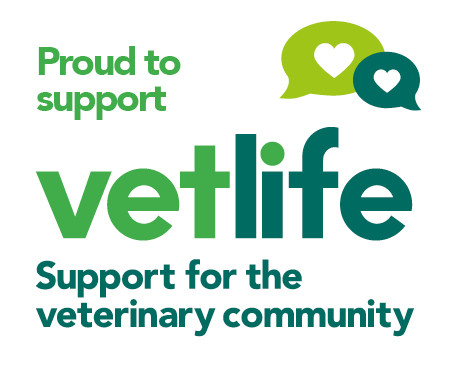The BTV-3 situation is evolving rapidly, with new cases being detected and information emerging regarding the availability of vaccines.
Whilst BTV-3 is vector borne, and midge movement will spread the disease locally, we know that animal movement plays a big role in spreading BTV-3 large distances. Please encourage your clients to only move animals within RZs if absolutely necessary.
Free testing is still available for any animals moving from high-risk counties, if your clients are buying animals from these areas please encourage them to take up the free testing and carefully consider any movements.
LATEST SITUATION
- 70 premises have been confirmed as having one or more cases of BTV-3.
- Two Restricted Zones (RZ) now in place. Maps of the zones can be viewed at APHA Interactive Bluetongue Virus Map (arcgis.com)
- One covering the whole of Norfolk, Suffolk, Essex, Kent, East Sussex & part of Greater London
- Second covering the East Riding of Yorkshire, city of Kingston upon Hull & parts of Lincolnshire
- Movement controls apply to all ruminants and camelids and to their germinal products within the RZ or if the farm is placed under restriction following a tracing.
- For further information on movement restrictions and licenses please visit the Ruminant Health & Welfare BTV hub where an excellent guide has been created. Bluetongue Virus - Ruminant Health & Welfare (ruminanthw.org.uk)
- There are no restrictions on veterinary visits within the RZ or to premises with known BTV-3 cases. Animals clinically affected with BTV-3 require veterinary care and supportive treatment with NSAIDS has proven beneficial.
- A license allowing keepers in the high risk counties of England to vaccinate susceptible stock has been issued and specific licenses will also be available to other keepers in England wishing to vaccinate their stock. Governments in Scotland, Wales and Northern Ireland have not licensed the use of vaccination for BTV-3 but will keep this position under review.
VACCINATION
- The Secretary of State has permitted the use of 3 unauthorised BTV-3 vaccines within the UK. Details of these vaccines can be found at https://ruminanthw.org.uk/bluetongue-virus-information-for-vets/ We would also advise you to look at the SPCs for each vaccine before prescribing them for your clients.
DOWNLOAD THE PDF OF THE BTV VACCINES COMPARISON OF GUIDELINES
- Unlike the authorised vaccines for other BTV serotypes, the BTV-3 vaccines claim to reduce viraemia rather than prevent it. This means they may not prevent animals from being infected or infectious, but (depending on the vaccine) their claims include reduction or prevention of clinical signs experienced or mortality.
- All movement controls and trade restrictions still apply to vaccinated animals.
- Vaccines will be available from your usual wholesalers.
- Due to the short time period of use of these vaccines (in NL, BE, FR & DE) we have no information on efficacy or duration of immunity, nor can we say if any one vaccine performs better.
- There are differences in dosage, course and route of administration between the three vaccines for sheep and cattle.
- Vaccine must be used within 10 hours of the vial being broached.
- Please also see the advisory note from the UK CVO for information on practice records, cold chain, disposal of unused vaccine and Defra notification required in the license when prescribing any of the vaccines Advice for veterinarians prescribing BTV-3 vaccines (publishing.service.gov.uk).
- Latrogenic spread of BTV-3 is possible through reuse of needles. This is of most concern in the RZ and surrounding areas where infected animals may be undiagnosed and viraemic. This should be borne in mind when vaccinating (any vaccine not just BTV vaccine) or treating animals where needles may not be changed between every animal.
The decision of whether immediate vaccination for BTV-3 is appropriate for a particular farm depends on many factors. It is important to fully discuss all of the issues around BTV-3 risk, farm circumstances and what we know about the vaccine's claims and possible side effects to assess if vaccination is right for that farm. Special consideration should be given to the vaccination of breeding males during or immediately before mating periods.
If prescribing vaccine the farmer must be fully informed of the need for cold chain, immediate usage once opened, the risk of reusing needles and the need for record keeping. They must also be fully aware of potential side effects and to report them to you immediately.
Once again we would ask that everyone remains vigilant and reports any clinical suspicion of BTV-3 immediately to Defra/APHA via the Defra Rural Services Helpline on 03000 200 301 (England), 0300 303 8268 (Wales) or your local Field Services Office Contact APHA - GOV.UK (www.gov.uk) in Scotland.
For further information on BTV-3 please visit the Bluetongue resource hub at Bluetongue Virus - Ruminant Health & Welfare (ruminanthw.org.uk) and sign up to the regular Q&A webinars for all of the latest news.






